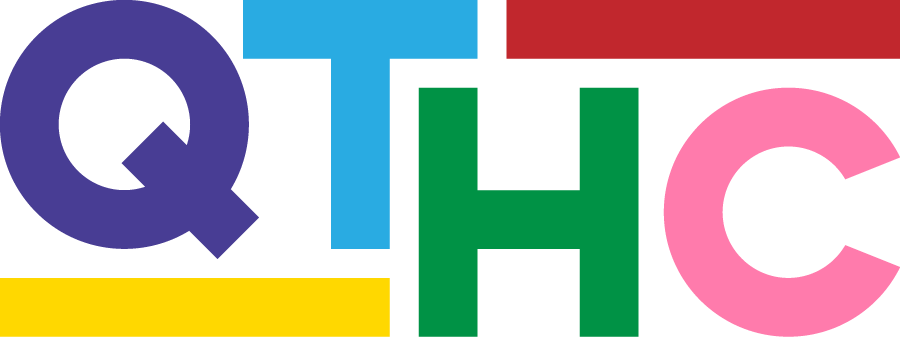Indigenous peoples have existed here since time immemorial
For many of us, our ancestors settled these territories and occupied them alongside the Indigenous nations who have called this place home for millennia. Our ability to form communities on these lands is in part from the good will of Indigenous peoples who were here first. However, the presence of Canada and invitation of settlers disrupted many of their traditional practices, and uprooted their sovereignty.
Settler colonialism was used to deny the agency of Indigenous nations, and it’s presence introduced to their communities the terrible concepts of homophobia, transphobia, misogyny, and more. Many in the queer and trans community face racism and prejudice, as well as unique socio-economic challenges against them for their Indigenous, racialized, and 2SLGBTQIA+ identities.
For non-Indigenous folks, a.k.a settlers, it’s important recognize the vibrant cultures and histories of the many Indigenous peoples who continue to live here. Their histories, both rich and troubled, are important to remember to build and maintain relationships with Indigenous communities within their traditional territories.
Below is an evolving collection of various information resources and different forms of media for settlers to learn more about Indigenous peoples here in Alberta and across Canada. Just click the title of each work mentioned below to access the link. While incomplete and imperfect, we at QTHC hope it can serve as a useful starting point for settlers in our community to educate themselves on Indigenous peoples, their cultures, histories, successes, and challenges.
Please note that the links in each topic may contain many distressing subjects that may not be suitable for everyone. If you have further questions or would like help reading further on Indigenous peoples, contact us at connect@ourhealthyeg.ca. You can also visit Edmonton 2 Spirit Society’s website for more information about 2 Spirit folks.
If you are a residential school system survivor or family of one and are experiencing crisis, please call the Indian Residential Schools Crisis Line. This line is available 24 hours a day for anyone experiencing pain or distress as a result of his or her Residential school experience: 1-800-721-0066
The following list of resources was compiled by Chelsea Vowel for her University of Alberta course “NS 111: Contemporary Issues in Indigenous Studies”:

